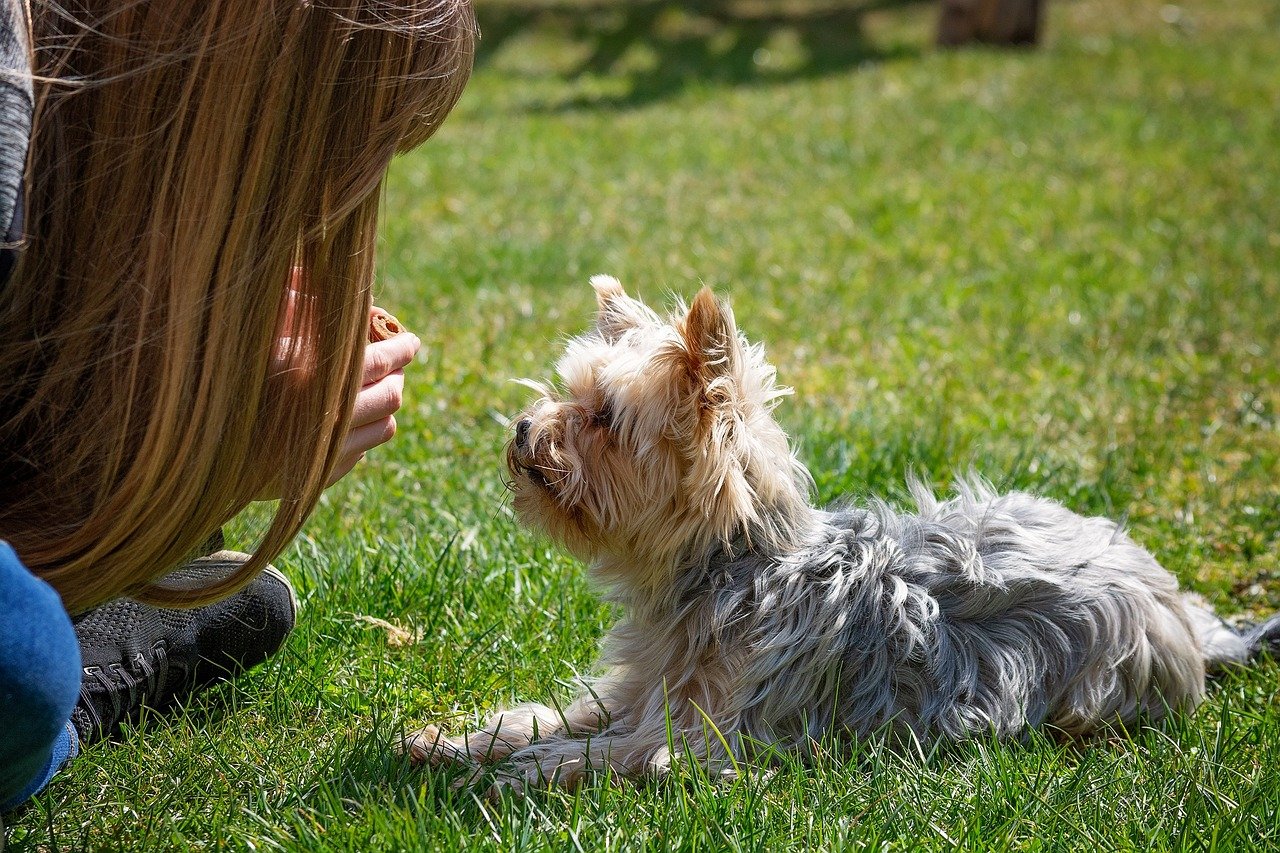Owning a dog is one of the most rewarding experiences, filling our lives with joy, companionship, and unconditional love. However, in our quest to give them the best life possible, we might inadvertently spoil them. While it may seem harmless to pamper our furry friends, excessive indulgence can lead to spoilt and demanding behavior. Understanding the fine line between love and overindulgence is crucial for a healthy relationship with your pet.
The Fine Line Between Love and Overindulgence

Pampering your dog is a natural instinct for many pet owners. After all, who doesn’t want to shower their beloved pet with love and attention? However, there’s a significant difference between loving your dog and overindulging them. Overindulgence often stems from treating dogs like humans, giving in to their every whim, and failing to set boundaries. Dogs thrive on structure and routine, and excessive pampering can disrupt this balance, leading to confusion and undesirable behavior. It’s essential to show love through discipline and consistency rather than constant indulgence.
Understanding Canine Psychology

To comprehend why spoiling your dog may lead to problematic behavior, it’s crucial to understand canine psychology. Dogs are pack animals and are naturally inclined to follow a leader. When they are overly pampered, they might assume the role of the leader, believing they are in charge. This can result in issues like demanding behavior, aggression, and anxiety. By understanding the importance of a hierarchy in their world, owners can create a balanced environment where the dog knows its place, reducing the chances of behavioral problems.
Signs Your Dog Might Be Spoilt

Recognizing the signs of a spoilt dog is the first step in addressing the issue. Spoilt dogs often display behaviors such as constant barking for attention, refusing to follow commands, or showing aggression when they don’t get their way. They may also become overly attached, experiencing separation anxiety whenever left alone. Identifying these signs early on allows for corrective measures to be implemented, helping the dog readjust to a healthier lifestyle. Observing your dog’s behavior closely can prevent small issues from escalating into larger problems.
The Impact of Spoiling on Socialization
Overindulgence can significantly impact a dog’s ability to socialize. Spoilt dogs may struggle to interact with other dogs, often displaying fear or aggression. They might also be less adaptable to new environments or situations, which can limit their experiences and enjoyment of life. Proper socialization is crucial for a dog’s well-being, helping them develop confidence and adaptability. By setting boundaries and encouraging positive interactions, dog owners can ensure their pets remain well-rounded and happy members of the canine community.
Creating a Balanced Routine
A balanced routine is key to preventing spoiled behavior in dogs. This includes regular exercise, consistent feeding times, and structured play sessions. Dogs thrive on predictability, and a stable routine helps them understand what is expected of them. Incorporating training into daily activities reinforces good behavior and strengthens the bond between owner and pet. By providing a balanced routine, owners can ensure their dogs’ physical and mental needs are met, reducing the likelihood of demanding behavior.
Training: The Key to a Well-Behaved Dog
Training is an essential aspect of preventing and correcting spoiled behavior in dogs. It establishes clear expectations and helps reinforce the owner’s role as the leader. Positive reinforcement techniques, such as rewarding good behavior with treats or praise, are highly effective. Consistency is crucial in training; mixed signals can confuse dogs and lead to frustration. By investing time in training, owners can cultivate a respectful and harmonious relationship with their pets, ensuring they remain well-behaved and happy.
Setting Boundaries with Love

Setting boundaries doesn’t mean withholding love; rather, it’s about providing a structured environment where dogs feel secure. Boundaries help dogs understand their limits and what is expected of them. This includes establishing rules about where they can sleep, eat, and play. By setting boundaries, owners help their dogs develop self-control and respect for authority. It’s important to remember that boundaries should be enforced with kindness and patience, ensuring the dog feels loved and valued.
Balancing Pampering with Practical Care
While it’s natural to want to pamper your dog, it’s important to balance this with practical care. Providing for their basic needs, such as nutrition, exercise, and regular veterinary check-ups, is crucial for their well-being. Pampering should be seen as an addition to these necessities, not a replacement. By focusing on their overall health and happiness, owners can ensure their dogs lead fulfilling lives without becoming spoiled. Pampering should be thoughtful and measured, enhancing the dog’s life rather than complicating it.
In conclusion, while pampering your dog is a delightful part of pet ownership, it is essential to strike a balance. Overindulgence can lead to a spoilt and demanding pet, which is not only challenging for the owner but also detrimental to the dog’s well-being. By understanding canine psychology, setting boundaries, and maintaining a balanced routine, dog owners can nurture a loving and respectful relationship with their furry companions.

Born and bred in South Africa, a Capetonian at heart. Amy-Leigh’s love for nature and animals was inherited from her Dad. He loves taking the family on road trips to experience nature at its finest; Amy-Leigh’s favourite being whale watching in Hermanus and spotting Kudu along the West Coast. Amy-Leigh holds a BA in English Literature and Communication Studies.






